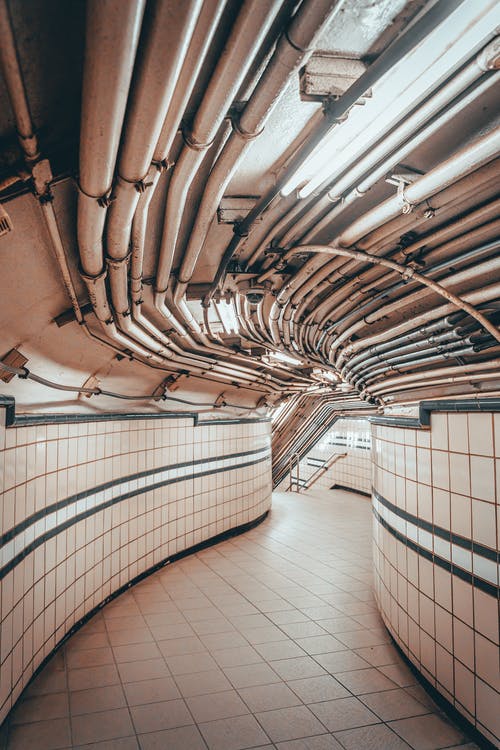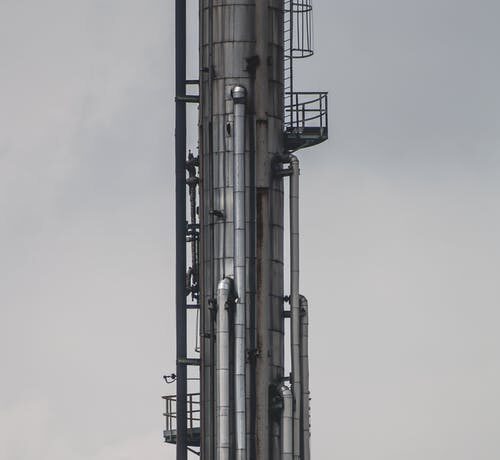First and foremost, steel is most preferred for its natural anti-corrosive and anti-stain properties that allow it to maintain the structural integrity of the project it is used for. This makes them extremely viable against other materials such as plastic and copper; which are known to corrode and degrade from extensive use as a result of wear and tear.
Malleability is another property of steel that allows it to become a favourable material. This is because there is freedom when it comes to the changes that can be made to it. The term malleable refers to the ability of any material that can withstand change without breaking. Hence, steel makes excellent for last-minute changes with low wastage in projects.
Steel is also extremely durable which allows it to withstand vibrations, high pressure and external shocks using its sheer strength. This means that steel would rather bend than break preventing leaks and escapes, which expands the use case of steel.

Customizability is a considerable advantage of using steel as its other qualities such as malleability and durability allow it to be made as large, small, tall, short, or thin with a very minimal tradeoff between strength and durability. This makes using steel viable for projects of varied budgets and requirements to be more practical.
With increasing concerns about environmental protection rising globally, steel has been known for its recyclability. Moreover, this feat is achieved by melting the steel and making use of it in other products with no noticeable fall in the quality of its physical properties. Making it a very eco-friendly use in large-scale projects where higher wastage can be observed.
As steel is extremely durable and withstanding it renders the maintenance cost of using steel in pipelines so low. This means that steel pipelines once laid take longer intervals of servicing, inspecting, and maintaining; thereby making it cost-effective to other materials on the market.
In addition to, all the benefits we discussed above steel is also adaptable with other elements to enhance its corrosion resistance, withstand higher pressure and temperatures making it ideal for extreme projects or use cases as well.
Various applications of steel pipelines
The numerous advantages of steel that we looked at above make it viable for several uses and projects. Some of these projects include construction work, utilities, domestic use and last but not least sewage.

Pipes and pipelines made of steel are used in construction work because they are flexible and durable. This is mainly to support larger building structures where the soil would not. Furthermore, they are also made use of in oil refineries both on land and in the water out in the oceans due to its anti-corrosive and high-pressure withstanding properties.
Water distribution, electricity distribution and gas distribution are all steel mains both on the land and underground. Properties such as the malleability of steel prevent utilities such as water and gas from escaping the steel pipelines causing hazardous threats from occurring.
Sewage systems are also in particular projects that favour the use of steel for its pipeline. The adaptability of steel allows underground sewage systems to be laid using galvanized corrugated steel pipelines to withstand large amounts of pressure which are known to be present in underground sewage systems.





